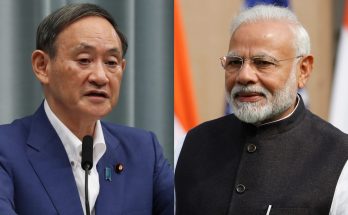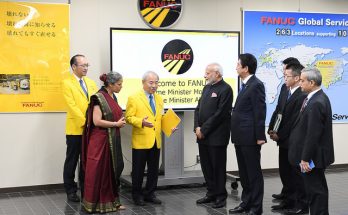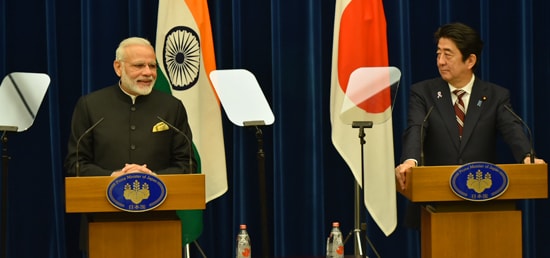Marking the transformative moment in India-Japan relations, Asia’s second and third largest economies signed a historic nuclear pact that signals a new dawn in their burgeoning relations, and makes Tokyo an indispensable partner in India’s development journey.
In Kantei, the stately glass-and-wood office of Japan’s prime minister, there was an atmosphere of quiet celebration as Tokyo made a leap of faith and exceptionalized India by signing its first nuclear deal with a country which hasn’t signed the Nuclear Non-Proliferation Treaty (NPT). Prime Minister Narendra Modi and his Japanese counterpart Shinzo Abe smiled as India’s Foreign Secretary S. Jaishankar and Japan’s ambassador to India signed the pact and shook hands warmly.
It was an India-plus exception and underscored New Delhi’s growing profile in Tokyo’s strategic calculus. For Mr Abe it wasn’t an easy decision given Japan’s entrenched nuclear non-proliferation orthodoxy and its singular experience of being attacked by nuclear negotiations, but in the end his strategic vision of the potential of the world’s fastest growing economy and an emerging security provider won.
The text of the nuclear agreement has not been made public so far, but Mr Jaishankar underlined “striking similarities” with the 123 agreement India signed with the US. It’s an improvised and updated version of the 123 agreement, albeit with Japan-specific features.
The deal’s importance goes much beyond nuclear commerce, and paves the stage for a marked acceleration of India-Japan relations in all areas, including trade and investment, green energy and connectivity. This was clear from the signing of 10 agreements and a soaring vision of India-Japan relations which will draw Asia’s two leading democracies in a tighter strategic embrace in the Indo-Pacific region. The deal also signalled a more proactive and expanded role by Japan in key schemes of national renewal, including Make in India, Digital India and Skill India.
Read More









